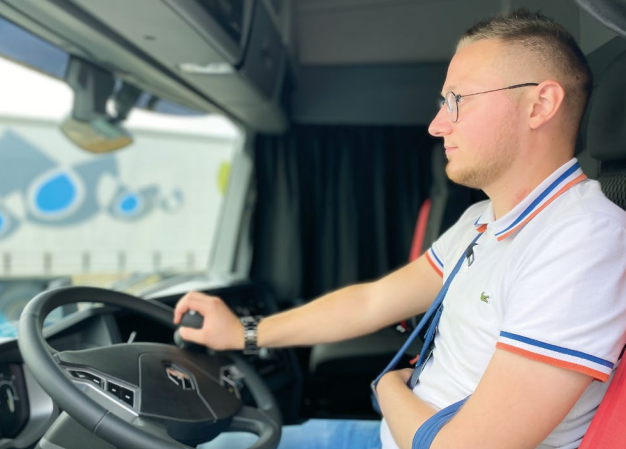Projet DiTL
The DiTL project - Disabled people inclusion and training in transport and logistics
Background of the DiTL project
In spring 2024, AFT initiated the DiTL project to strengthen equality and non-discrimination for people with disabilities in their access to training and employment in the transport and logistics professions, where they are still significantly underrepresented.
Contrary to popular belief, transport and logistics professions are open to people with disabilities and provide career opportunities often unknown to this group. The inclusion of people with disabilities in transport and logistics is now possible thanks to new disability compensation technologies and a better understanding of individuals’ functional abilities, prompting a rethinking of disability policies in training organizations and companies.
Recruitment challenges across Europe in the Transport and Logistics professions also advocate for greater diversity in hiring. Addressing these recruitment difficulties involves both maintaining employment for people with disabilities and increasing their access to qualifications and training preparing them for jobs in the Transport and Logistics sectors.
Main objectives
Access to training and employment is essential for people with disabilities to achieve a decent standard of living. However, navigating each step of the integration pathway (career choice, training, recruitment, integration) is a real challenge, especially in fields like Transport and Logistics which are highly regulated (due to safety requirements) and stereotyped (physical strength culture).
In this context, the DiTL project aims to promote the inclusion and training of people with disabilities in Transport and Logistics by:
- Bringing together actors from different backgrounds to collaborate and share their knowledge and expertise for the benefit of training organizations, companies in the Transport and Logistics sector, and people with disabilities.
- Incorporating new technologies and compensatory measures in the training and inclusion processes for driving and warehousing professions.
- Strengthening awareness programs within training organizations, among career guidance and training actors, as well as companies hosting interns or trainees with disabilities.



